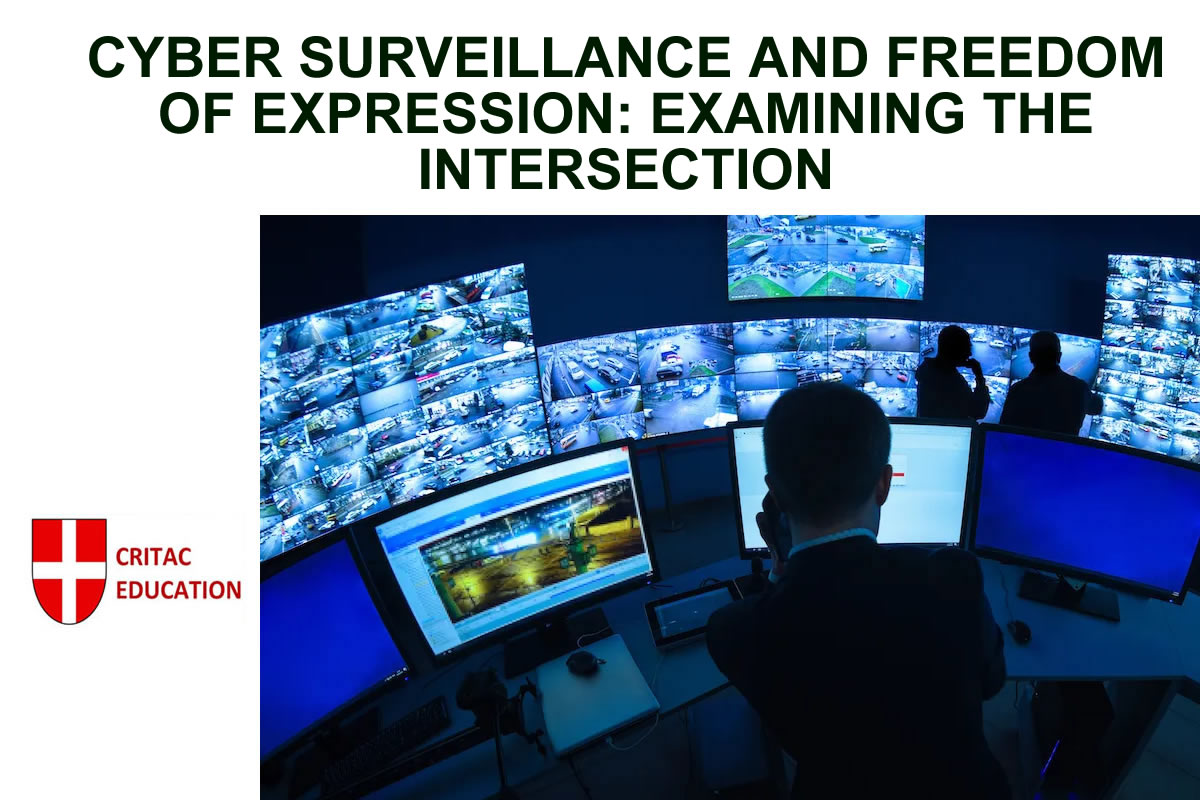This course delves into the complex relationship between cyber surveillance practices and human rights, exploring the legal frameworks, ethical considerations, and practical implications at the intersection of these two domains. Participants will gain insights into fundamental human rights principles related to privacy, freedom of expression, access to information, and non-discrimination, as they pertain to cyber surveillance activities. Through examining case studies and emerging trends, learners will critically analyze the impact of surveillance technologies on human rights in the digital age.
Who This Course Is For:
This course is designed for policymakers, legal professionals, human rights advocates, cybersecurity experts, journalists, researchers, and anyone interested in understanding the ethical and legal dimensions of cyber surveillance and its implications for human rights. It is also relevant for individuals working in government agencies, non-governmental organizations, international bodies, and technology companies seeking to navigate the complexities of balancing security concerns with respect for fundamental human rights in the digital realm.
